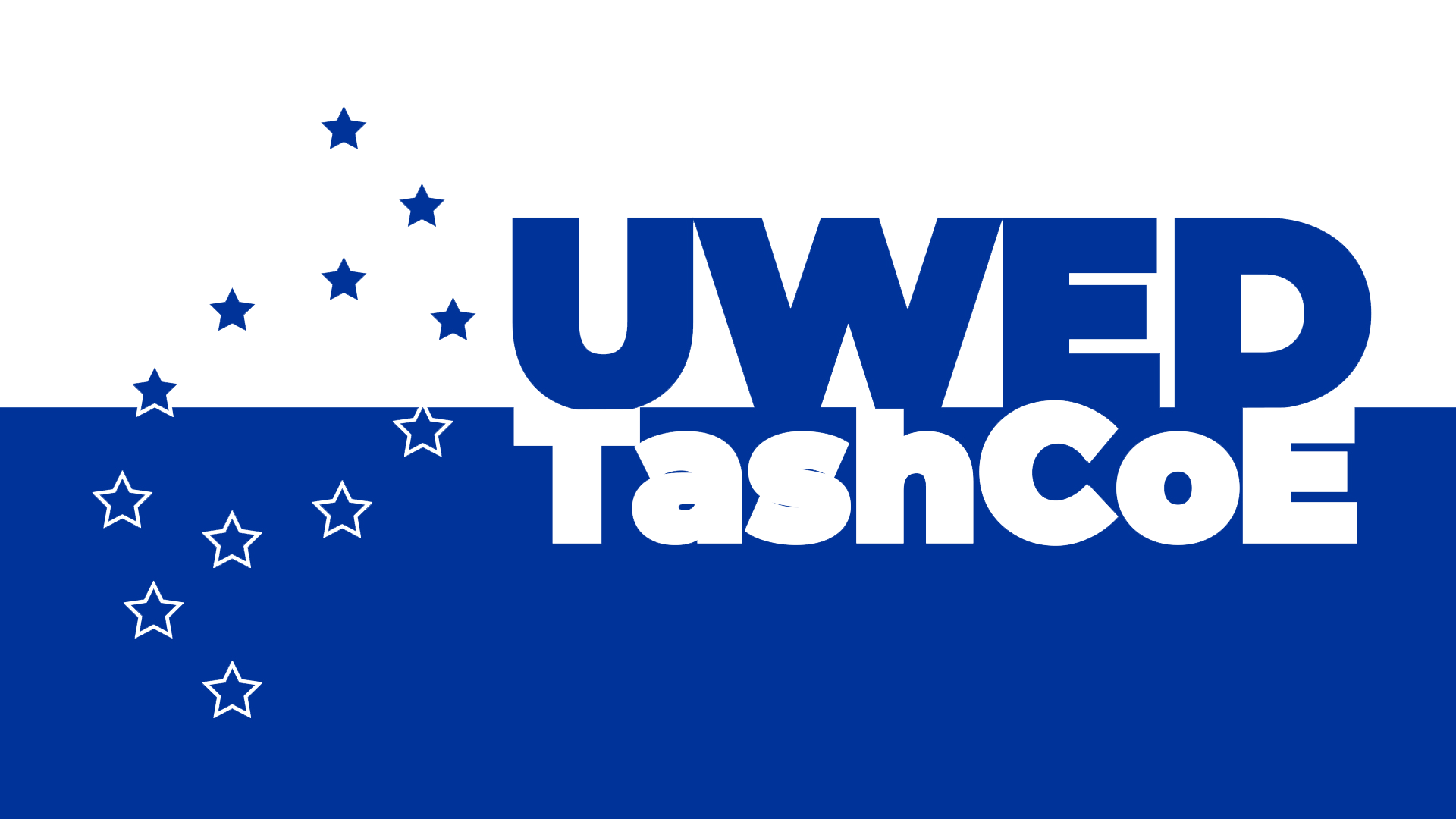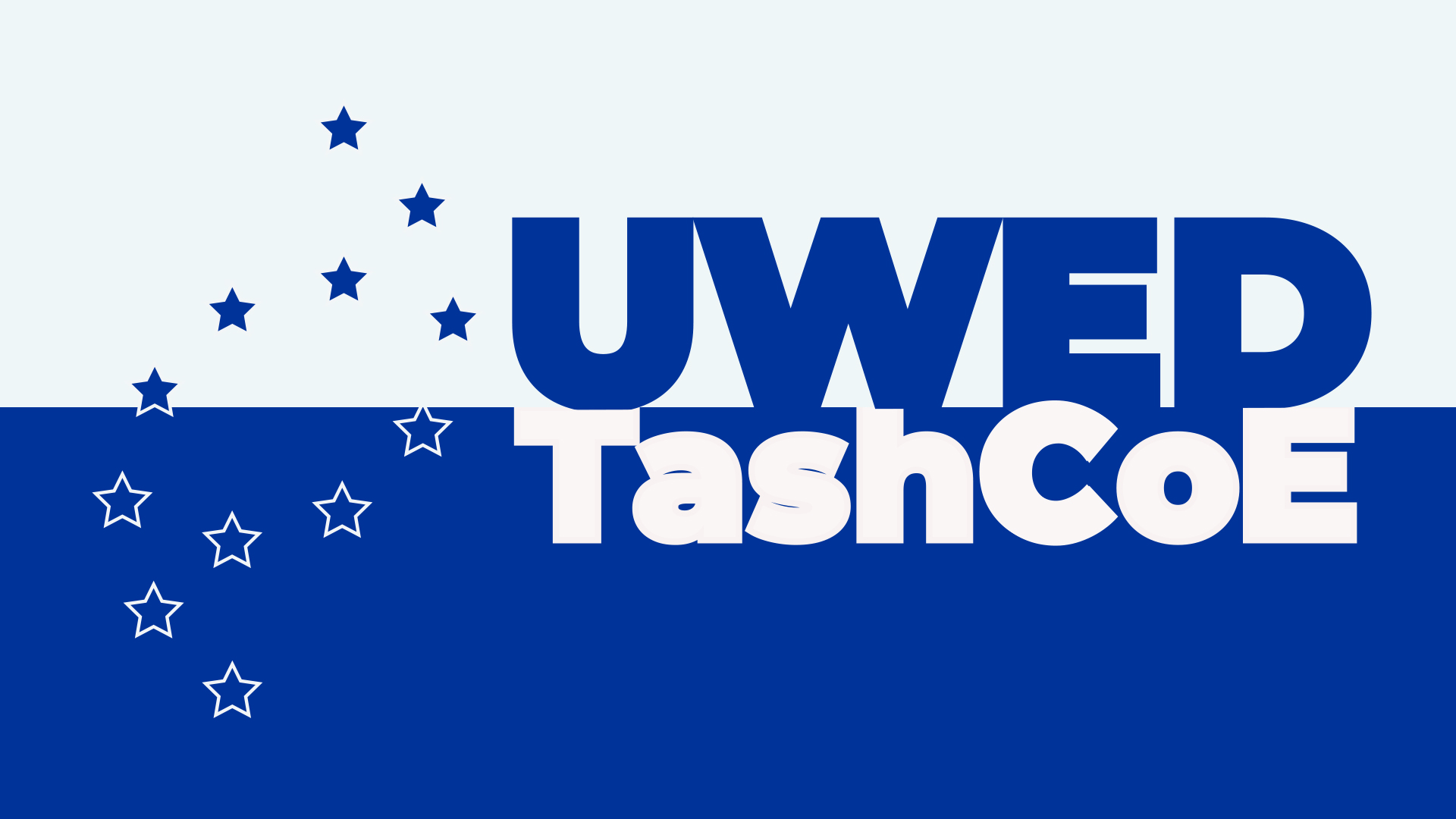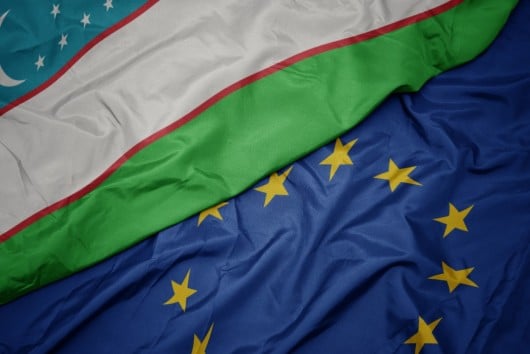In general, Uzbekistan is positively predisposed toward engaging non-regional powers. But there are some challenges to increasing EU-Uzbekistan ties.
At the end of September 2021, the European Union and Uzbekistan conducted the ninth round of negotiations on a draft of an enhanced partnership and cooperation agreement (EPCA) in Brussels. Work on the new agreement began in 2019. The EU’s acceptance earlier this year of Uzbekistan as the ninth beneficiary country of the special incentive arrangement for sustainable development and good governance (GSP+) under the unilateral Generalized Scheme of Preferences (GSP) was an important milestone on the path to discussing the larger enhanced partnership document. Uzbekistan’s addition to the EU’s GSP+ scheme happened despite criticism of current internal processes in Uzbekistan.
There are several reasons for the EU’s ongoing interest in further strengthening relations with Tashkent.
First, following the Taliban takeover in Afghanistan, Uzbekistan is an increasingly crucial regional partner for the EU. The EU was aware of U.S. and NATO coalition withdrawal plans, but the rapid collapse of the Ashraf Ghani administration was an unexpected development for Brussels. The immediate challenges related to the evacuation of European citizens and local partners were solved in close cooperation with Uzbekistan and other Central Asian countries. These countries provided logistical infrastructure for emergency evacuations .
After the fall of Kabul to the Taliban, President of the European Council Charles Michel had phone calls with all of the Central Asian leaders from August 26–30. Moreover, on the bilateral level many European state officials either paid working visits to Uzbekistan or Tajikistan or had phone calls with regional partners discussing the situation in Afghanistan, its implications, and perspectives on coordination of efforts. This exchange will probably expand further in the near future based on mutual interests in providing security and stability in Afghanistan.
Second, the reopening of Uzbekistan after the change of leadership in 2016 was perceived optimistically in Brussels. The reform agenda declared by the new government of Shavkat Mirziyoyev found active encouragement in the EU as a starting point for deepening bilateral cooperation. Uzbekistan’s appeal for the EU’s support in the process of WTO accession also accelerated the trade partnership and contributed in confidence building between the sides. The EU would like to motivate further transformation of Uzbekistan and its following of international norms and standards. According to the priorities of the Global Strategy for the European Union’s Foreign and Security Policy, in the long term these developments in Central Asia should increase the resilience of states and societies in the wider European neighborhood.
Third, Central Asia is a unique region in the world where we can observe enhanced and deepened regional cooperation, while disintegration processes are dominating in other parts of the world. As Brexit headlined in Europe in recent years, underscoring a degree of disintegration, in Central Asia Uzbekistan has played a positive role promoting regional cooperation and advancing economic, cultural exchange. The EU prioritizes active promotion of various regional integration process and subsequent creation of regional orders, offering a wide variety of support in different parts of the world. The EU started underlining its regional approach in the first ministerial meeting between the EU and Central Asian countries back in 2004. Therefore, current efforts to deepen regional cooperation in Central Asia are appraised positively by the EU, which continues to encourage such efforts.
However, regardless of considerable advancement in the EU-Uzbekistan partnership, there are still several challenges that might adversely affect relations between the two.
Central Asia’s “central” location in Eurasia and history have made it a popular object of geopolitical strategizing between powerful external actors. In order to avoid overdependence on any one power, the region aims to masterfully balance the interests of several external actors. The recent withdrawal of the international coalition from Afghanistan and the subsequent uncertainty and instability in the country have accelerated the region’s military and political partnerships with Russia and China. A lack of timely and adequate security guarantees to Central Asia from the U.S. and Europe also contributed to this turn.
Considering growing tensions between the U.S. and EU on one side, and Russia and China on the other, the increasing presence of one power can engender suspicion from its contenders in Central Asia.
Russian officials have been very quick to strongly reaffirm “the unacceptability to Russia of any form of U.S. military presence in Central Asian countries” and even outpaced the official position of Uzbekistan about the inconsistency of hosting any foreign military forces with its national legislation. Such demonstrative positioning suggests Moscow’s intolerance to any substantial involvement of Western powers in Central Asian affairs and potentially complicates the implementation of joint projects perceived by Russia as harmful to its role and significance in the region.
Another critical challenge is the refugee issue. The EU has emphasized the role of Uzbekistan and other regional countries in hosting possible large numbers of refugees from Afghanistan. European officials pledged to transfer 600 million euros to Afghanistan’s neighbors, including Central Asia, in exchange for absorbing refugees rather than allowing them to travel onward to Europe. However, this idea is not very popular in the region and the long-term experiences of Iran and Pakistan absorbing Afghan refugee flows demonstrate that ultimately neither the host country nor the refugees are satisfied with their situation.
Iran and Pakistan, despite providing humanitarian assistance to Afghan refugees, instead of gratitude and support from the international community, are constantly criticized by various international human rights organizations for unsatisfactory protection of the rights and freedoms of Afghan citizens. Refugees complain of inadequate social services, particularly in the fields of education and health care, as well as high inequality. Taking into account this experience, the uncontrolled admission of a large number of migrants by the Central Asian countries for a long period may put additional pressure on the already difficult socioeconomic situation in the region and so can be a challenging issue to cooperate with the EU. Providing transit and increasing humanitarian support to Afghanistan using territories of regional countries may be more feasible alternatives to respond effectively to the worsening refugee crisis.
Climate change and energy politics are also complicated with regard to Central Asia. Among the declared priorities of the EU in Central Asia is “to focus on enhancing the role of Central Asia in contributing to the security of energy supply and diversification of suppliers, sources and routes of the EU.” Uzbekistan, a potential participant of the long ago planned Trans-Caspian pipeline, recently transitioned from a gas exporter into an importer due to rising internal consumption and gradual depletion of gas stocks. On the other hand, Europe is planning to become the first climate-neutral continent by 2050. With the development of renewable energy sources in Europe, the role of Central Asian countries as current and potential future energy suppliers is diminishing quickly. In the medium to long term, Central Asian energy resources might not even be included in the EU’s priorities for the region.
In general, Uzbekistan is positively predisposed toward the engagement of non-regional powers in the region. Tashkent’s chief foreign policy objective is to maximize its own independence and sovereignty, from which follows an inclination toward what has been termed a “multi-vector” foreign policy. Uzbekistan views the EU as an important actor in the world, whose presence in Central Asia further helps diversify its external relations. Diversification helps maintain balance. The EU, meanwhile, can contribute to regional cooperation in Central Asia in helping Uzbekistan break out of its isolation and achieve its goals of becoming a transport corridor linking Europe and Eurasia.
The allocation of special educational grants, establishment of exchange programs for Central Asia, and support of the interaction between European and Central Asian research institutions can contribute to capacity building, human development, and sustainability in the region. A further demonstration of Uzbekistan’s commitment to modernize its economy and political system can boost relations with the EU and motivate both sides to invest in the prompt finalization of the enhanced partnership agreement.
Author:
Akram Umarov
a research affiliate at the Tashkent Jean Monnet Centre of Excellence for European Studies.
Source: https://thediplomat.com/2021/10/eu-uzbekistan-long-way-to-an-enhanced-partnership/





 Русский
Русский O`zbek
O`zbek